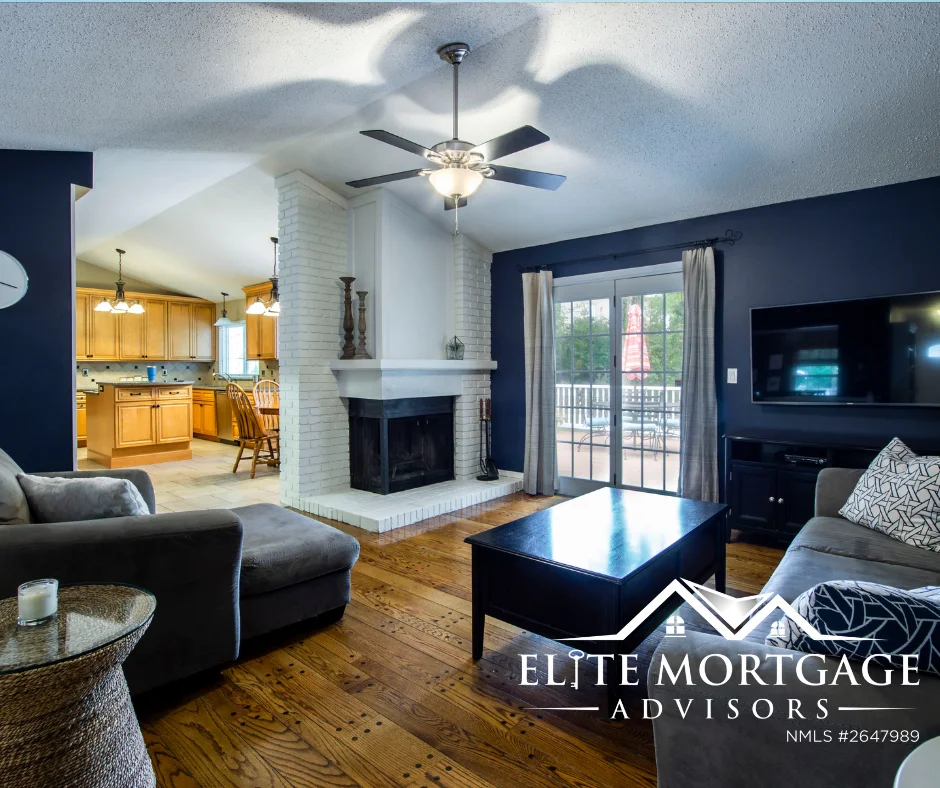Navigating Buy vs. Rent: Smart Strategies for Your Homeownership Journey
Choosing to buy or rent can be tough. Discover key insights and strategies to make the right choice for your future and overcome common challenges.

When it comes to deciding whether to buy or rent a home, many people find themselves at a crossroads. This choice can feel overwhelming, but with the right strategies and insights, you can navigate your way to a decision that suits your lifestyle and financial goals. Let’s explore some smart strategies to guide you through this important journey.
First, it’s essential to consider your current situation. Are you in a stable job? Do you plan to stay in the same area for a while? If you’re moving around frequently for work or personal reasons, renting might be the best option for you. It offers flexibility without the long-term commitment of a mortgage. Renting can also free you from some of the responsibilities that come with homeownership, such as maintenance and property taxes.
On the flip side, if you’re settling down and envisioning a long-term future in one place, buying a home might be the better route. Homeownership can build equity over time, providing you with an asset that can appreciate in value. It can also offer stability for you and your family, creating a sense of community and belonging.
Next, let’s discuss finances. Understanding your budget is crucial. Take a close look at your income, savings, and expenses. This will help you determine how much you can afford to spend on housing, whether you choose to rent or buy. For buyers, it’s important to think about not just the mortgage payment, but also other costs that come with homeownership, such as insurance, property taxes, and maintenance.
If you decide to rent, calculate how much you’ll be paying each month. Generally, your rent should not exceed 30% of your monthly income. If your rent is too high, it can limit your ability to save for future goals, such as buying a home. Keep in mind that renting can also come with its own costs, like security deposits and possibly higher utility bills, depending on the type of property you choose.
Another key consideration is the local housing market. Take time to research whether it’s a buyer’s or renter’s market in your area. A buyer’s market means there are more homes available than buyers, which can lead to lower prices and more negotiating power. Conversely, a renter’s market may have lower rental prices and more options available to you.
Once you have a grasp on the market conditions, it’s time to weigh the pros and cons of each option. Homeownership brings many benefits, such as the ability to customize your space and potentially build equity. However, it also comes with responsibilities and costs that many renters may not face. On the other hand, renting offers flexibility and less responsibility but lacks the potential for building equity.
When considering your lifestyle, think about your long-term goals. Are you looking to start a family, or are you in a phase of life where you want to travel and explore? Your lifestyle will significantly impact whether buying or renting is the best option for you. Owning a home can provide the stability that families need, while renting can be ideal for those who value mobility.
Now, let’s talk about the emotional aspect of this decision. Buying a home is often seen as a milestone and can create a sense of pride and accomplishment. However, it’s important not to rush into this decision based on societal pressures. Take the time to evaluate your feelings and motivations surrounding homeownership. Are you buying because it feels like the right step for you, or do you feel pressured by friends or family?
If you’re leaning towards buying, it’s helpful to start preparing in advance. Make a list of your must-haves in a home, such as the number of bedrooms, a backyard, or proximity to schools. This can help you focus your search and avoid getting distracted by properties that don’t meet your needs. It’s also a good idea to get pre-approved for a mortgage, allowing you to know your budget before you start shopping for a home.
For those who are considering renting, think about what type of rental situation suits you best. Would you prefer an apartment, a house, or perhaps a townhouse? Each option comes with its own set of advantages and disadvantages. Look into the amenities that are important to you, such as parking, laundry facilities, or proximity to public transportation.
As you navigate this decision, don’t hesitate to reach out for personalized advice tailored to your unique situation. Our knowledgeable team of mortgage loan officers is here to help you explore your options, answer your questions, and provide guidance based on your specific needs. Whether you're contemplating buying or renting, we can help you make an informed decision that aligns with your goals.
Ultimately, the choice between buying and renting is a personal one that depends on your finances, lifestyle, and future plans. Taking the time to weigh your options, understand your budget, and consider your long-term goals will put you on the right path.
If you’re ready to discuss your situation further and explore your options, please reach out to us. We’re here to help you make the best decision for your homeownership journey.